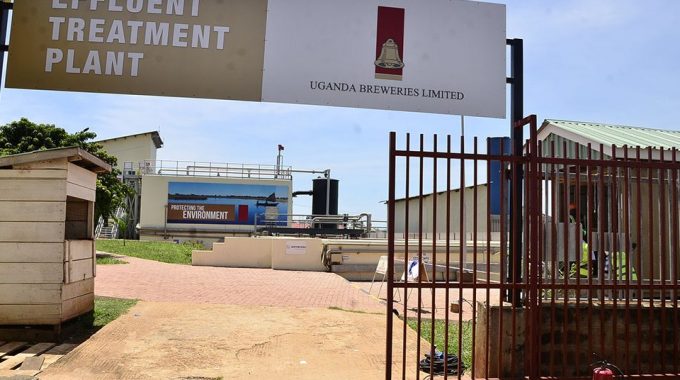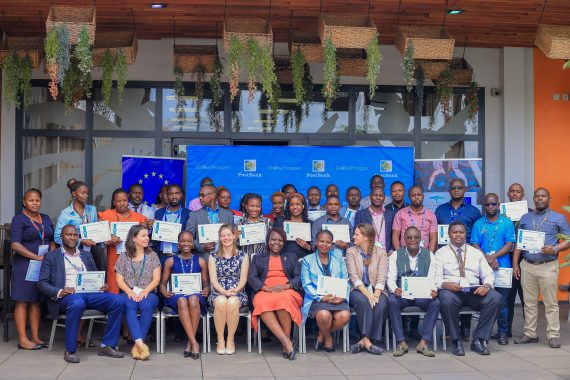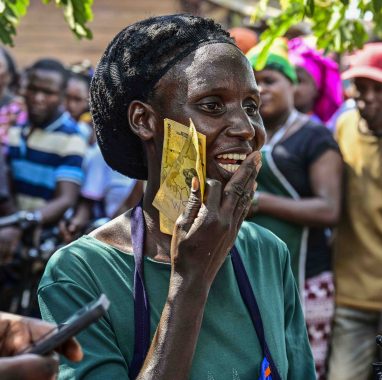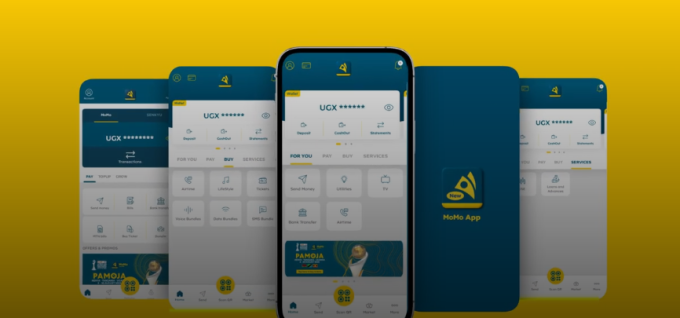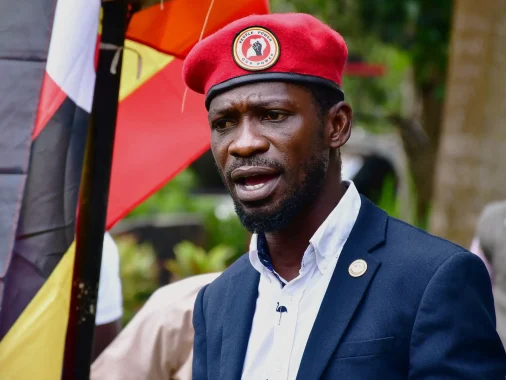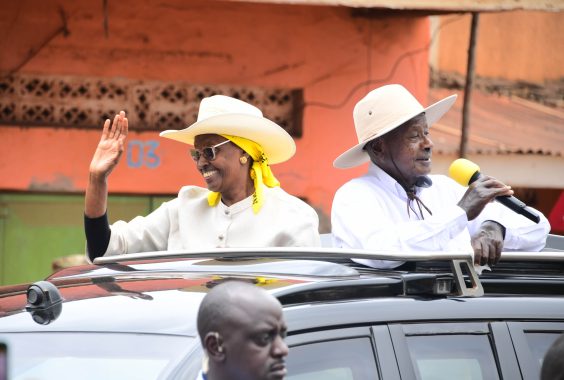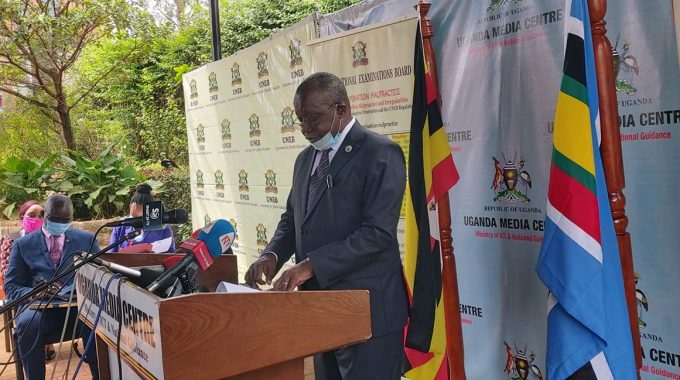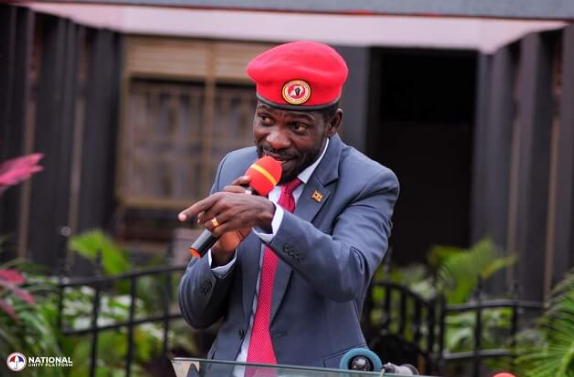Uganda Breweries Limited has played a key role in improving access to clean water for Ugandans under its Water For Life Programme for its 75 years of existence.
The Water of Life programme supports projects that help combat water poverty by improving access to clean drinking water and sanitation. UBL continues to invest heavily in water projects that have a positive and long-term impact on thousands of people by reducing the incidence of waterborne diseases and by releasing time otherwise spent by women and children in search of water for alternative income-generating activities.
Below are some of the projects that happened during the programme over the years.
Acholi Sub Region Project in 2018
16 boreholes sank in the Acholi sub-region in 2018 targeting sorghum farming communities that supply the brewery with raw material for production.
Constructed Public Sanitation Facilities in 2017
Public sanitation facilities worth Shs 300 million were constructed at Port Bell and Kirombe slum comprising 8 urinals for men, 4 male toilets and 2 bathrooms, 2 male seat-toilet for disabled persons, 4 female toilets and 2 bathrooms, 2 female seat-toilet for disabled persons. The project benefits over 12,000 residents, traders and visitors to the two areas.
Constructed A Water Harvesting System in 2016
Constructed a water-harvesting system consisting of two underground tanks with a total capacity of 200,000 litres, two overhead tanks each with 24,000 litres capacity, water treatment, filtration, pumping and distribution system worth over Shs 204 million at General Hospital.
Bulangira Small Water Project in 2015
UBL partnered with WaterAid Uganda to implement a three-year water and sanitation project in Bulangira, Kibuku district worth Shs 1 billion. The project consists of improved sanitation and hygiene, providing for over 3,000 people. The project will also construct a water supply system that will benefit 3,200 people as well as construct public latrines and a bathroom at the health centre III.
Mbarara Regional Referral Hospital in 2014
UBL fully funded the construction of a water reservoir system worth Shs 630 million. Consists of a 200,000-litre underground tank and two over-head tanks each with 24,000-litre capacity, water treatment and filtration, pumping and distribution system across the hospital. The project benefits 600,000 people.
Northern Uganda Projects in 2014
UBL sank 15 boreholes in the three districts of Lamwo, Pader and Kitgum. The project cost Shs 14 million and benefits 15,000 people. In addition, five boreholes were sunk in Apac.
Sanitation Projects in 2013
Constructed modern sanitation facilities in Ggaba market, benefiting 540,000 people; Kinawataka, benefiting 25,000 people; Sofia market in Busia, benefitting 36,000 people; and a fish handling platform in Luzira, Port Bell, benefitting 14,000 people. All projects cost close to Shs 400 million.
Water filters for Western Uganda in 2013
UBL donated 50 water filters to 22 health centres IV within eight districts in western Uganda to solve the problem of access to clean and safe drinking water for patients within the wards.
Entebbe General Hospital in 2013
UBL provided three water-harvesting tanks of 10,000-litre capacity worth Shs 15 million and, in 2014, an underground water reservoir of 200,000 litres costing Shs 290 million. This project benefits 20,000 people.
Jinja Regional Referral Hospital Water Project in 2012
UBL provided a water-harvesting system consisting of a central water reservoir of 100,000 litres and two overhead water tanks of 24,000 litres each. This project is worth Shs 360 million and benefits 360,000 people.
Water Kiosks in 2009
UBL provided four water kiosks to residents of Kampala Central, Lubaga and Kawempe areas benefiting 40,000 people.
The rainwater tank in Kyamuhunga Comboni Hospital in 2009
UBL provided a rainwater-harvesting tank of 24 litres benefiting 7,500 people.
North East in Kaberamaido district in 2008
UBL rehabilitated and constructed water sources (eight hand-dug wells and reinstallation and repair of 45 non-functional wells) benefiting 90,000 people.
Sapiosexual & Ambivert




